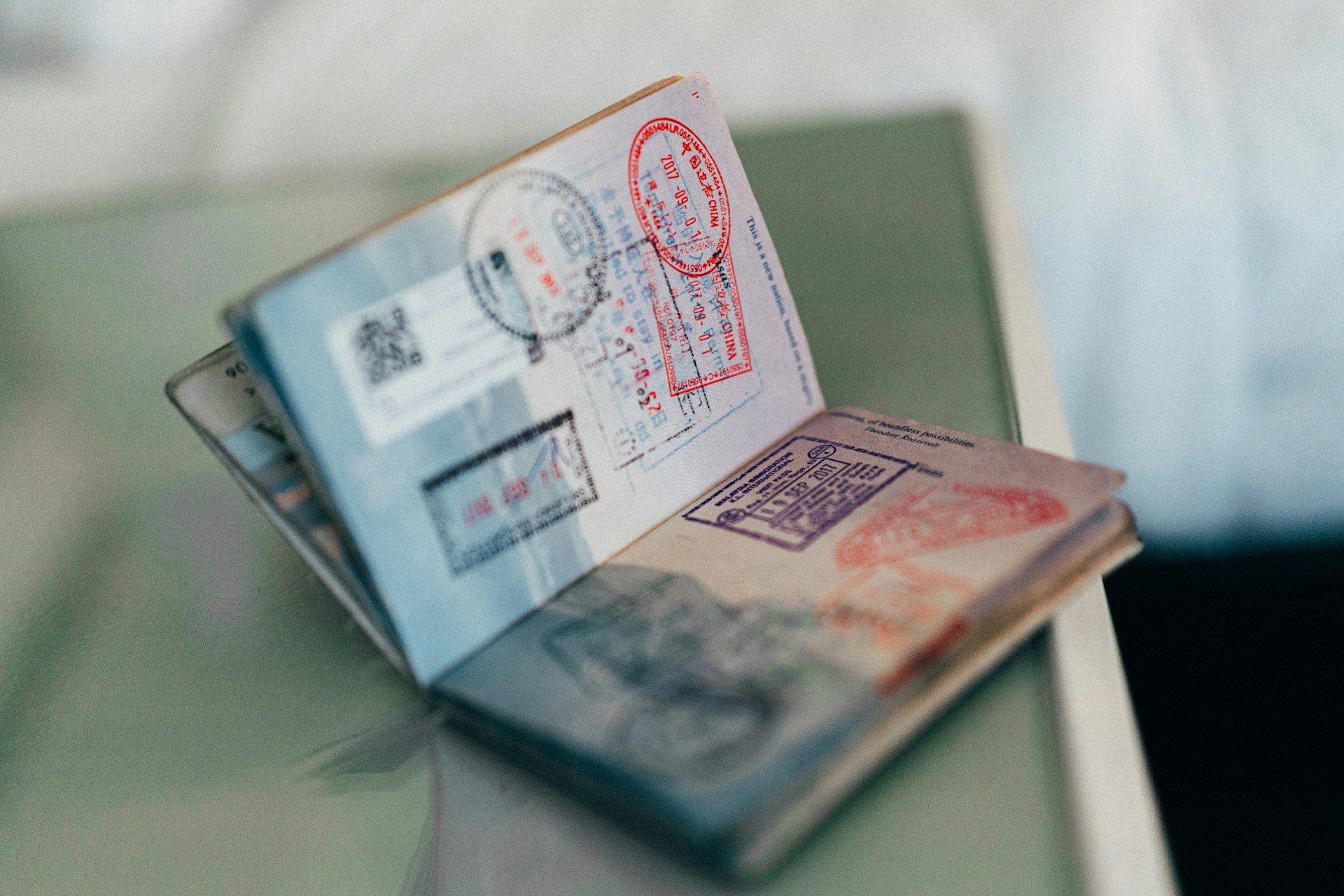Immigration
Why IRCC may refuse your visitor visa application

Other visitors to Canada, from visa-exempt countries, would require an electronic Travel Authorization (eTA) rather than a visitor visa. (Unsplash Photo)
Foreign nationals often come to Canada for leisure, to visit family and friends, or to conduct business.
To visit Canada, residents of visa-required countries* must obtain a visitor visa. However, there are many reasons that Immigration, Refugees and Citizenship Canada (IRCC) may refuse an applicant’s visitor visa application.
Read more about business visitors to Canada here.
Discover if You Are Eligible for Canadian Immigration
*Other visitors to Canada, from visa-exempt countries, would require an electronic Travel Authorization (eTA) rather than a visitor visa.
Failure to provide proper and accurate supporting documents and/or pay government processing fees
Visiting Canada involves meeting strict entry and admissibility requirements, which include presenting IRCC with mandatory documents as part of the visitor visa application. It is recommended that visitors to Canada take the time to double-check IRCC’s application checklist to ensure they compile an accurate and complete set of supporting documents.
In addition, visitor visa applicants must make sure they pay IRCC’s processing fees on time to avoid any potential mishaps with their application, including a refusal.
Inadmissibility due to prior criminality
Visitor visa applicants with a criminal history may be denied entry to Canada. However, it is also possible that the applicant’s criminal background may not bar them from coming to Canada. Therefore, foreign nationals seeking a visitor visa should be transparent about their history and ensure they submit a criminal record check and any other applicable documentation to support their application.
Note: This may involve putting together documents to show IRCC that the applicant is rehabilitated and should be allowed to enter Canada as a visitor. An authorized immigration lawyer can help with these efforts.
Doubts about an applicant’s intentions during their stay in Canada
Applicants may have their visitor visa refused if they are not clear with IRCC and/or the Canada Border Services Agency (CBSA) about the purpose of their time in Canada. To avoid creating doubt, applicants should provide supplementary documents such as an itinerary to help immigration authorities and border security officers understand why they are visiting and what they plan to do while in the country.
Other proof of intention may include flight reservations and hotel bookings.
Applicant lacks ties to their home country
Because visitors are typically only admitted to Canada for up to six months, a significant part of the application process is proving that they will depart at the end of their authorized stay. Therefore, if an IRCC or CBSA officer has reason to believe that an applicant may not leave Canada when their visa expires, the application may be refused.
One reason that IRCC may doubt that a visitor will leave when their visa expires is if they determine the applicant lacks strong ties to their home country. To help IRCC establish that the applicant does indeed have ties to their home country, giving the immigration department confidence that they will depart from Canada at the end of their authorized stay, applicants should submit documents such as the following:
- Evidence of home country employment (confirmation letters and pay stubs)
- Evidence of family dependencies in the applicant’s home country (children, parents, grandparents etc.)
- Evidence of home country property ownership (lease agreements etc.)
Concerns about the applicant’s past travel history
Visiting Canada will be harder, but not impossible, for applicants with a poor travel history. In the context of a visitor visa application, IRCC may refuse to issue a visa to foreign nationals with a history of:
- Prior overstay in Canada
- Prior refusal of Temporary Resident Visa (TRV) applications in Canada
To help IRCC mitigate concerns about an applicant’s past TRV refusals or worries that the applicant may repeat the pattern of overstaying their authorized stay in Canada, the applicant should be transparent with the immigration department about this history.
In the same way that transparency is important for an applicant’s criminal history and purpose for visiting Canada, visitor visa applicants should provide IRCC with a detailed explanation of this history and show what actions* they have taken to correct this behaviour.
*Examples of corrective behaviour may include proof of compliance with visa regulations in subsequent travels and proof of the individual’s commitment to Canadian immigration laws
Misrepresentation
Applicants must be honest and truthful during all stages of the visitor visa application process to avoid issues regarding misrepresentation.
Note: One example of a misrepresentation issue that can lead to a visitor visa refusal is the non-disclosure of TRV refusals to other countries such as the United States.
The applicant does not have legal status in their country of residence
Applicants are required to resolve any illegal status issues in their country of residence before applying for a Canadian visitor visa. Providing proof of legal residence, for instance, will help IRCC feel comfortable that the applicant will abide by the law during their stay in Canada.
Failure to meet health standards
Some foreign nationals, such as those applying for a Super Visa, will be asked to undergo a medical examination as part of their visitor visa application.
Applicants may be refused entry to Canada based on their health status, but it is possible to overcome these concerns by providing IRCC with a detailed medical history and passing any required medical examinations. A letter from a certified healthcare professional, confirming that the applicant is in good health, can also be helpful.
Failure to show financial support
IRCC and CBSA officers need to be sure that foreign nationals can cover their expenses while in Canada. Therefore, it is important to demonstrate financial stability by providing documents that affirm the applicant’s income and assets, such as recent bank statements, employment verification letters, and any other details that can establish financial stability.





















